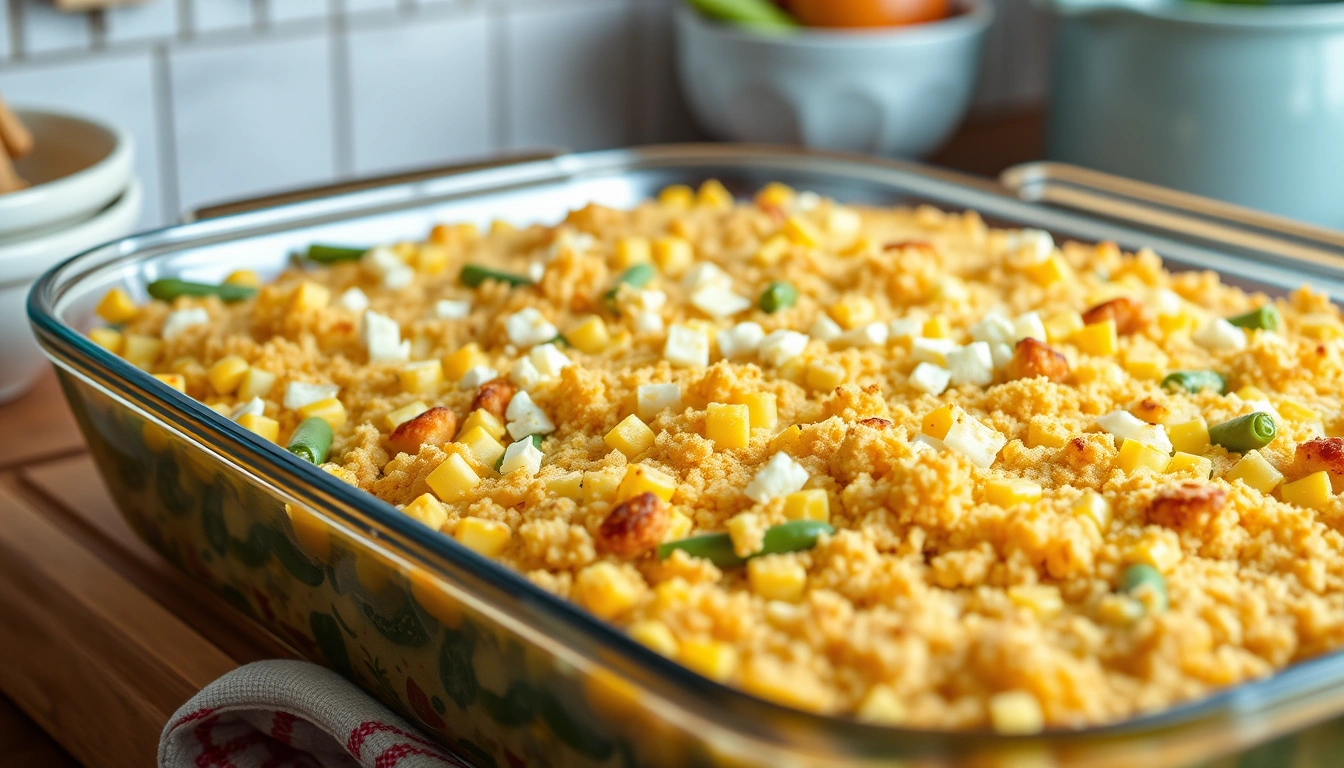Bean and Corn Casserole: History and Origin
Bean and corn casserole is a traditional dish with its roots in the peasant cuisine of Latin America. This dish is characterized by combining basic and nutritious ingredients that have been a fundamental part of the indigenous diet since pre-Columbian times, especially highlighting corn and beans, which together provide a balanced source of proteins and carbohydrates.
In different Latin American countries, this dish may have different names or variants depending on the region. For example, in Mexico and Central America it is commonly known as "green bean and corn casserole," while in some Andean countries, similar preparations can be found under names like "corn and legume stew or casserole." Although the specific use of beans in this recipe may vary, the concept of combining corn and legumes in a stew or casserole is very common.
This recipe represents a reflection of the mestizo culinary culture, which fuses indigenous ingredients with European culinary techniques, giving rise to traditional dishes full of flavor and nutritional value.
How to Prepare Bean and Corn Casserole
Ingredients:
Green beans, Giant green shoe-peg corn, Cream of celery soup, Sour cream, Cheese, Onion, Margarine, Ritz crackers.
Steps:
Drain the green beans and corn.
Place the green beans and then the corn in a greased casserole dish.
Mix the soup, sour cream, onion, and cheese.
Spread the mixture over the green beans and corn.
Melt the margarine, add the crackers, and place on top of the casserole.
Bake at 350 degrees for 40 to 45 minutes.
